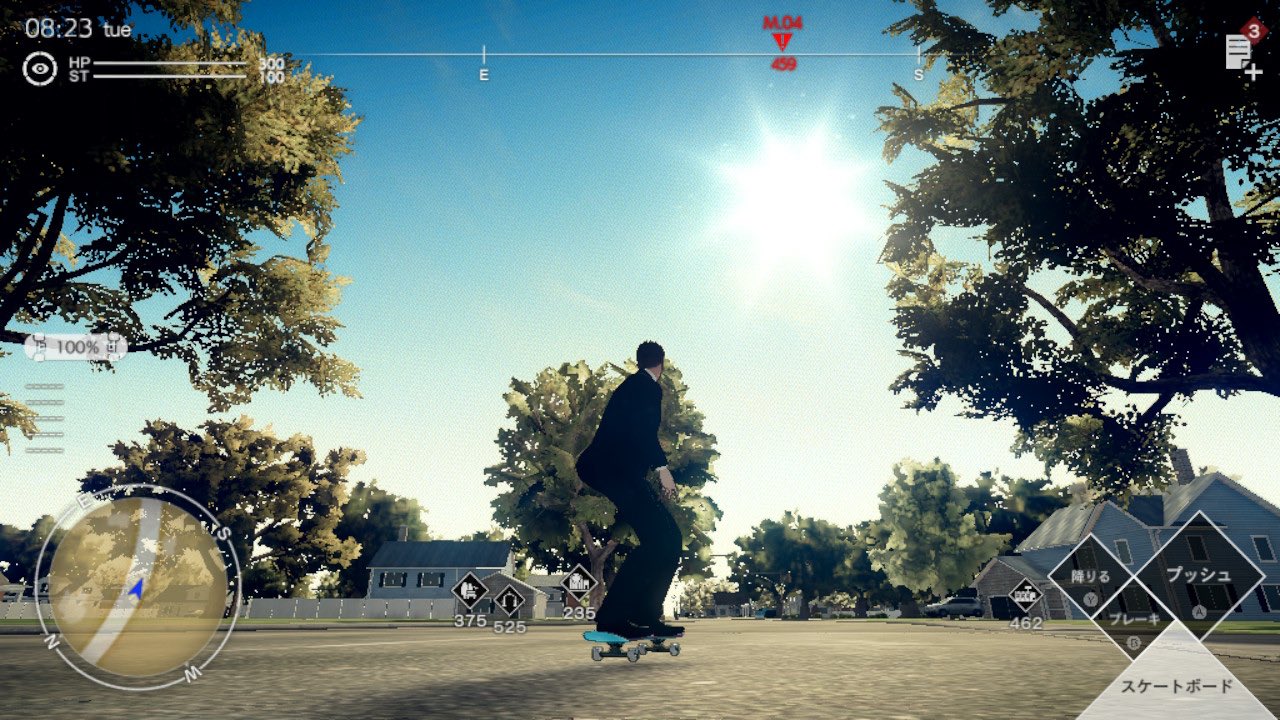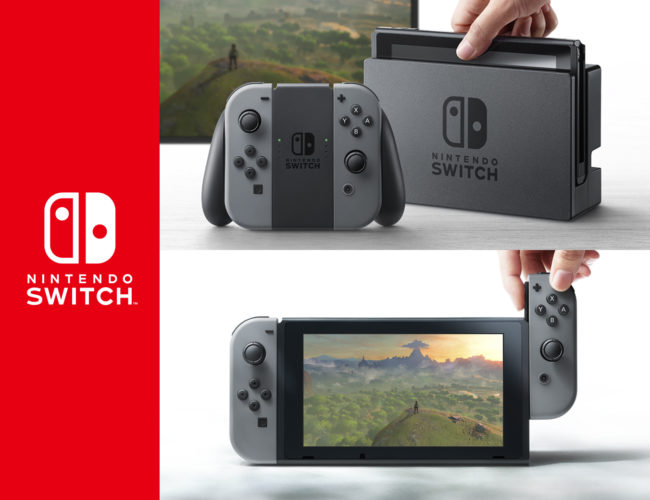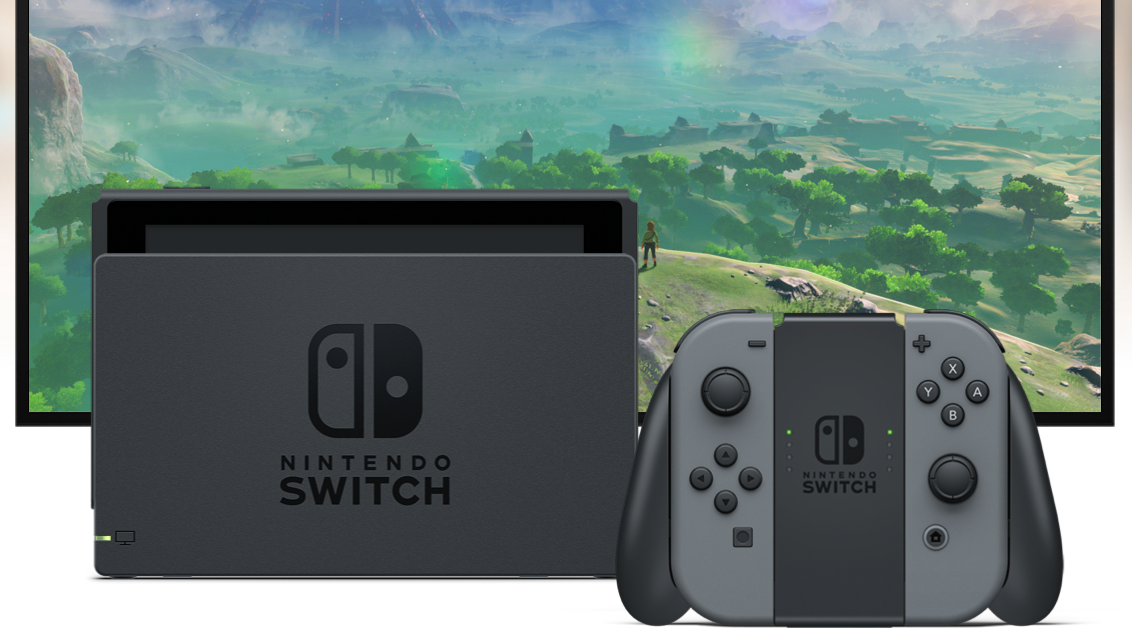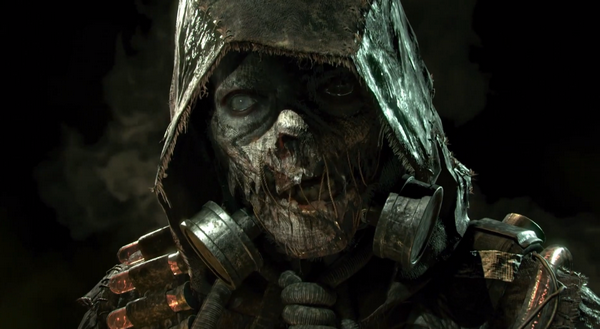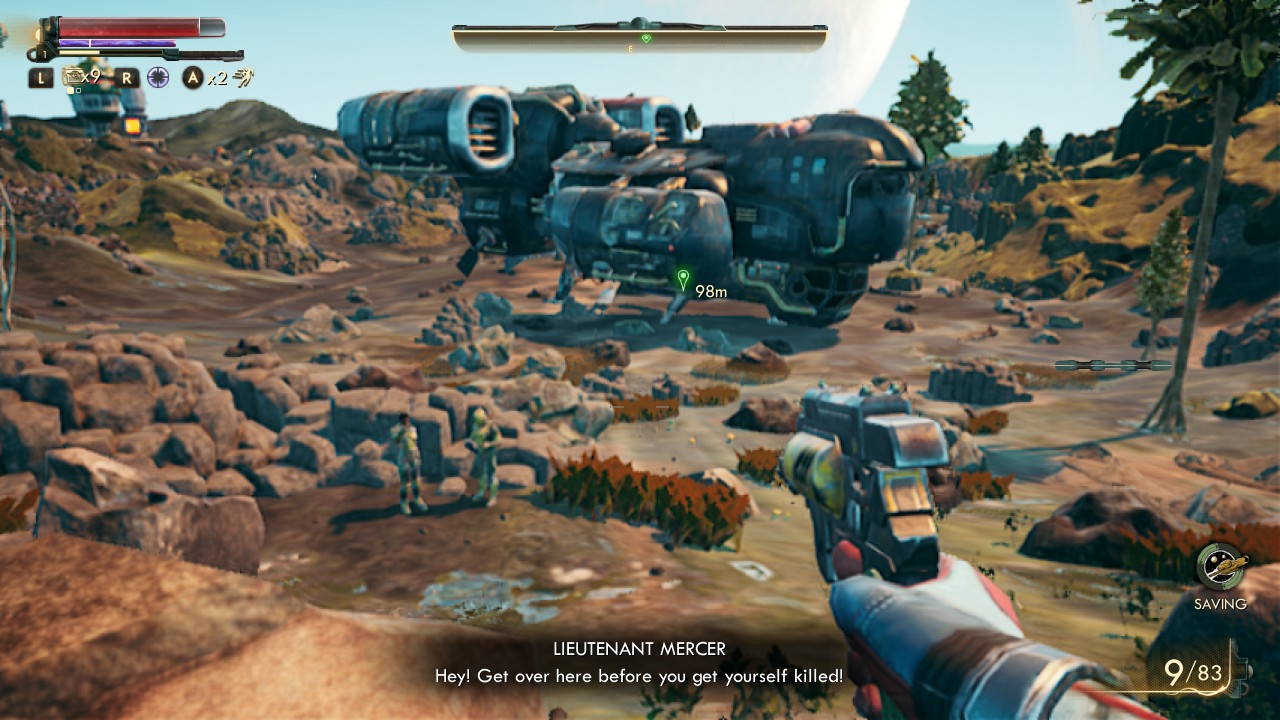
Games should be called out for poor frame rates and technical issues. Doesn’t sound like an overly controversial opinion, does it? And yet, more and more I’m seeing one specific console given a pass on poor technical performance in both critical and public opinion: the Nintendo Switch. The hybrid console is a wonder of design that I utterly adore and does things that no other console can because of it, but why should that put it above critique on technical performance?
This sentiment is something that I personally began to notice last year and one that has become more apparent in recent months. Met with games that run so badly that they become nigh on unplayable mechanically, diehard apologists shout ‘At least the game came out on Switch, you should stop complaining!’ But, if games are released in a similar state on any other platforms they’re wholly derided.
The best recent example of this is The Outer Worlds. As I pointed out in my review, the game suffered from a litany of technical issues, from frame rate issues and hitching, to streaming issues and pop in problems. Since my review was published, this was corroborated by video footage and analysis performed by Digital Foundry. Other reviewers and fans didn’t see it the same way, however, stating that this was just the price we pay for the game being on a Switch.
Why should this be the price we pay for a game releasing on Nintendo Switch and why should we accept it? Why does the idea of a portable system go so far in excusing massive technical issues? In reality, it all comes down to perception and acceptance. People have convinced themselves that ports of games with massive caveats and limitations are the only way we’ll see big third games on Switch. What this really means though, is that developers know the minimum viable product (MVP) they need to put out.
In project planning terms, an MVP refers to the absolute baseline minimum amount of work you can put in to release a developed product. This allows a project to be completed in the shortest possible timeframe, with ‘nice-to-have’ features and further optimisation coming later. Basically, it’s the least amount of work that needs to be done to still get your money. By accepting technical issues because ‘that’s the cost’ of the game being on Switch, you’re giving developers an MVP to target in the future.
Look at The Witcher 3’s switch port as an example. When it released it was blurry, low quality at points and had frame rate issues, but has since been patched to improve how it looks and performs. That improved version of the game could have been what was first released. Instead, someone with the hierarchy of the developer or publisher made a call on the MVP they thought would be accepted by the public and ran with it. Right now The Outer Worlds is in a similar space, with developer Virtuous currently working on a patch to improve the game’s performance. Again, the game could have been released with these improvements, but it would have required a longer development cycle and therefore cost to the developer. Instead of investing more, once again, someone made the call that The Outer Worlds and it’s myriad technical issues was good enough that people would buy it anyway. It has nothing to do with the platform not being able to do more, and everything to do with business people being unwilling to make the upfront investment to release a product that performs well.
“Your scientists were so preoccupied with whether or not that they could that they didn’t stop to think if they should,” Dr. Ian Malcolm (Jurassic Park, 1993)
On the other hand, if your game literally cannot be brought to an acceptable level of technical performance on Switch, then maybe it shouldn’t be released there. Just because you can release your game on it, doesn’t always mean that you should. Especially if the quality of the port is bad enough that it harms the reputation of the studio or IP. I’m a believer in games being released on as many platforms as possible, but the reality is that not all games are possible on all platforms from a technical standpoint.
There will always be some caveats that come with developing for the Nintendo Switch, given its weaker level of power, but there are also myriad examples where the finished product has little to do with those caveats and everything to do with money and time invested. The only way to raise the bar on what developers and publishers view as the MVP for Switch games is by pushing back and making your voice heard. If you continue to just simply accept poor performance and enable that behaviour, that’s all you’ll ever receive.

